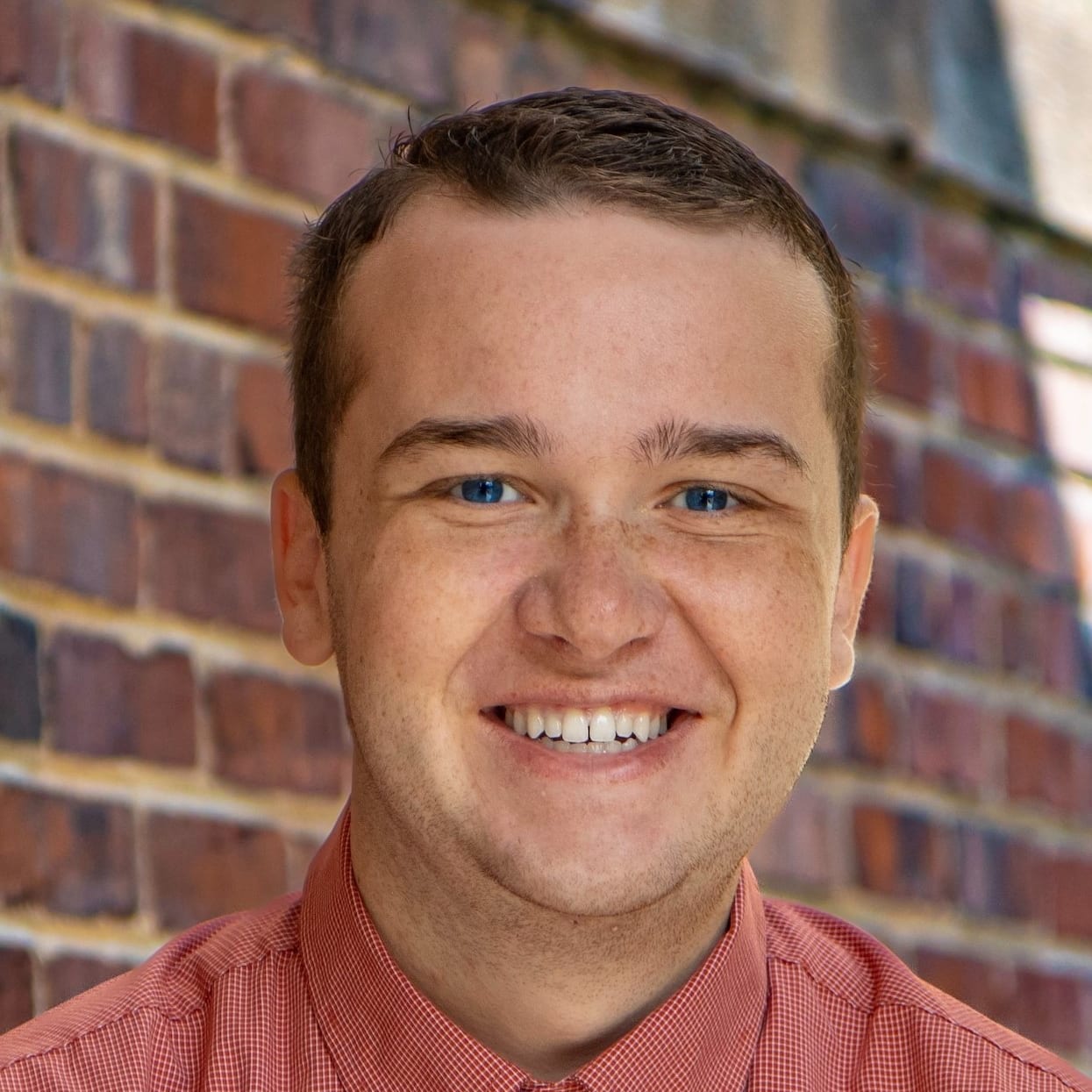Individuals with disabilities who require assistance should contact the Director of Disability Services.
Notification of Disabilities
It is the responsibility of the student to notify the school of his or her disability and to follow the process for requesting appropriate auxiliary services and academic adjustments.
- Entering students requesting auxiliary aids and/or academic adjustments should arrange to meet with the Director of Disability Services (DDS) prior to matriculation at Milligan University. A current student who discovers the need for accommodations may submit a request at any point during his or her academic career.
- In addition to meeting with the DDS, the student must provide documentation of the disability. This documentation must be prepared by a medical doctor, psychologist, or other qualified diagnostician as appropriate.
- Complete documentation should include a diagnosis of the current disability, the date of this diagnosis, how the diagnosis was reached, the credentials of the diagnosing professional, how this diagnosis affects a major life activity, and how the disability affects the student’s academic performance.
- If available, the student should submit other documentation such as an Individualized Educational Program (IEP) or a section 504 plan from high school. Milligan prefers these plans to be dated within the three years prior to submission.
Establishing Accommodations:
- Upon receipt of requests for auxiliary aids, the Director of Disability Services (DDS) will procure recommendations from a medical professional, professional counselor or occupational therapist as appropriate.
- In all cases, the age of the student, thoroughness of the documentation, and adjustments being requested will assist in determining whether the evidence submitted is sufficient for eligibility.
- Students will be notified of their status after appropriate medical professionals associated with the University have reviewed the documentation. If more documentation is required, the student will be informed.
- When a student’s documentation is lacking or insufficient or is considered outdated, it may be necessary to secure a new evaluation. The student will be notified by the DDS of the need for any updated evaluations. In such cases, the student will receive recommendations for appropriate medical professionals able to provide a new evaluation.
- It will be the student’s responsibility to secure the needed evaluation by sufficiently trained medical professionals. Only when this step is completed will the University assume responsibility for providing requested academic adjustments.
- It is the student’s responsibility to make an appointment with the DDS to discuss reasonable adjustments and determine the appropriate faculty and/or staff to receive information of auxiliary aids and/or academic adjustments. Adjustments will not be initiated prior to this meeting (i.e. priority registration, extended time on tests, etc.).
Establishment of Academic Experiences for Students Seeking Accommodations and Determining Essentialness
Essential academic experiences are those learning activities that the University has determined are fundamental for achievement of prescribed learning outcomes in a course or academic program. Essential academic experiences in all curricula are determined by the University’s Academic Committee through regular and systematic review of course and program requirements. In cases where requested academic accommodations may affect the achievement of essential academic experiences, a review of academic accommodations by the Director of Disability Services (DDS) will consider both the student’s disability and possible alternative means of meeting the academic requirements.
Below is the procedure by which the University will determine the essentialness of specific academic requirements that will be affected by requested academic accommodations.
- Upon receipt of a student’s request for accommodations, such as auxiliary aids and/or academic adjustments, the DDS will consult with academic advisors in the program field as well as with professionals in medical or occupational areas (either within or outside of the University community). Such a review will take into account the extent of the student’s disability, prior use of auxiliary aids, as well as the nature of the program content and alternative options.
- Based on the foregoing documentation and evaluation, the DDS will notify faculty members each semester of specific auxiliary aids and/or academic adjustments that are to be granted.
- Students or faculty who wish to appeal the University’s decisions regarding the essentialness of specific academic requirements should follow the procedures found in the University Catalog and the Student Handbook.



